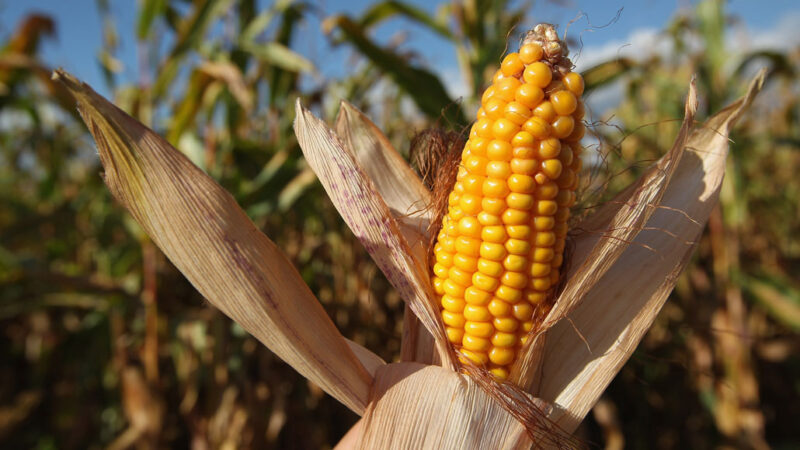
annual: Adjective for something that happens every year. (in botany) A plant that lives only one year, so it usually has a showy flower and produces many seeds.
antiviral: A virus-killing substance prescribed as a medicine.
atom: The basic unit of a chemical element. Atoms are made up of a dense nucleus that contains positively charged protons and uncharged neutrons. The nucleus is orbited by a cloud of negatively charged electrons.
cell: (in biology) The smallest structural and functional unit of an organism. Typically too small to see with the unaided eye, it consists of a watery fluid surrounded by a membrane or wall. Depending on their size, animals are made of anywhere from thousands to trillions of cells. Most organisms, such as yeasts, molds, bacteria and some algae, are composed of only one cell. (in telecommunications) A technology that relies on a large number of base stations to relay signals. Each base station covers only a small area, which is known as a cell. Phones that rely on this system are typically referred to as cell phones.
chemical: A substance formed from two or more atoms that unite (bond) in a fixed proportion and structure. For example, water is a chemical made when two hydrogen atoms bond to one oxygen atom. Its chemical formula is H2O. Chemical also can be an adjective to describe properties of materials that are the result of various reactions between different compounds.
chemistry: The field of science that deals with the composition, structure and properties of substances and how they interact. Scientists use this knowledge to study unfamiliar substances, to reproduce large quantities of useful substances or to design and create new and useful substances.
cis: (in chemistry) This refers to the position of atoms on a molecule around a double bond. When two molecules are on the same side of the bond, they are in the cis conformation. When they are on opposite sides, they are in the trans…
Read the full article here
